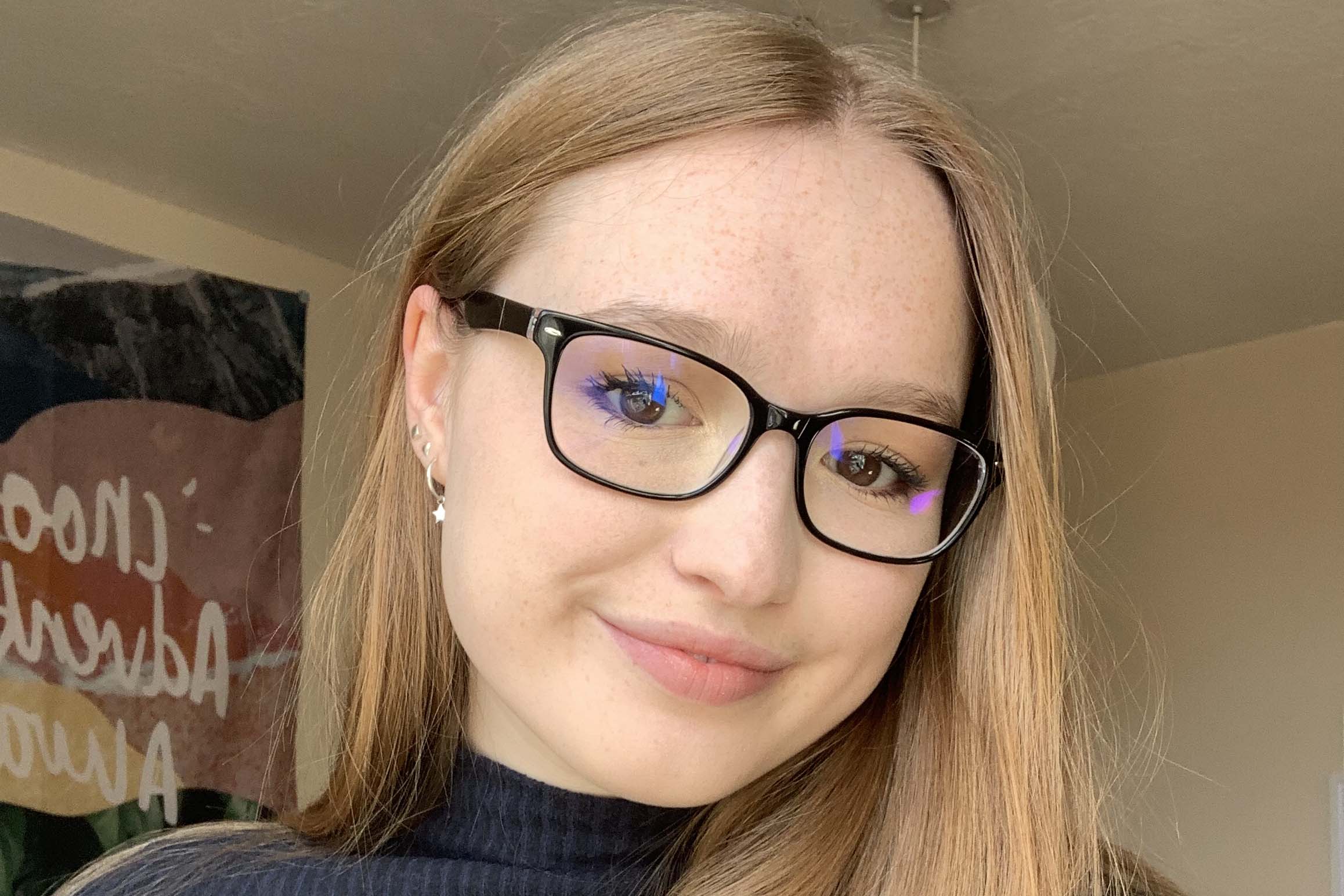A group of undergraduate SSPSSR students have enjoyed a unique opportunity to become philanthropists and award £1500 of grant money to two local charities thanks to a new module called ‘Learning by Giving – Philanthropy in Action’.
The elective module, believed to be one of the first of its kind to be run at a UK university, has enabled final year students Babajide Allen (Criminology and Social Policy), Emmanuella Asmah (Social Policy), Lily Barker (Social Policy), Kamaljeet Benipal (Criminology and Social Policy), Danielle Richardson (Social Policy), and Samantha Ruto (Social Policy) to learn about philanthropy and charities by working directly with local community organisations.
At the culmination of their studies, the group chose to give £1,000 to Food Friends in Whitstable and £500 to the Canterbury Foodbank. The £1500 grant fund was provided to SSPSSR as a Teaching Enhancement Small Support Award (TESSA), to support the enhancement of teaching, learning and the student experience.
The module enabled the students to learn about academic theory and research, as well as the art and science of philanthropy (or ‘voluntary action for public good’). Students met with charity leaders from organisations focused on homelessness, disabilities, food poverty, refugees, dementia, and social isolation. They were also offered advice about philanthropic decision making by Kent Community Foundation and social entrepreneur and humanitarian David Jamilly.

Lily says she was excited to study the module because of the potential to make real change in the community: ‘The experience was definitely like no other module. I really challenged myself and my thinking on philanthropy. My ideas on what it means to be a philanthropist have changed dramatically since taking the module. I think what surprised me, is that with philanthropy there is no right or wrong and no good or bad because at the end of the day, all charities are tackling their own worthy missions. I think getting my head round that was hard. Because unlike other things there was no set of rules to abide by and we had to be guided by our own emotions and discussions to figure out where we wanted the money to go.’
Danielle, also studying for a degree in Social Policy, said: ‘Until now I didn’t know what “philanthropy” even was, and the module has allowed me to not only learn about it and the effect it has on the world, but also to have a hands-on approach at implementing what we learned. In practice, philanthropy is a really big thing to get your head around, and I know I wouldn’t understand that the way I do if it hadn’t been for the grant we had to manage ourselves. I’ve learned about six wonderful organisations who are making such an amazing and thought-provoking impact on the local area. Real money has gone to real charities and that is unique to this module. I’m so glad I got to be one of the first to test out this style of learning at Kent.’
Lily said the process of selecting recipients for the funding within the group was challenging but that everyone’s opinion was valued. She said: ‘Having different perspectives helped in the final decision. We were able to look at all the charities from every angle and decide where the money would be best put to use. Obviously, this was hard, but the final charities are so deserving, and we are confident that the money will have such a big impact and help improve so many lives.’
One of the most important lessons Lily has learned from the experience is the discovery that she is a philanthropist. She said: ‘We are all philanthropists, and we have the power to create change in our communities for the better.’
Philanthropic Studies Lecturer, Dr Alison Body, has been delighted with the level of student engagement and plans to run the module again next year. She said: ‘This experiential module not only allows students to directly experience grant giving, but critically explores the issues of social justice behind charitable giving and voluntary action. It aims to challenge students to consider how they can work in partnership with voluntary sector organisations to both help provide immediate relief to social issues but also consider how longer-term systemic change can be achieved. Philanthropy affects all areas of our lives, such as health, education, arts, culture and global issues such as climate change, poverty and equality, therefore longer term we aim to open this module up across disciplines for more students to engage in.’
Dr Body is also the Director of Studies for Kent’s MA Philanthropic Studies, an innovative online course that offers a high-level understanding of philanthropy for students seeking a career in the sector or for professionals seeking an opportunity to reflect on their practice.
Lily says the experience of studying philanthropy as an undergraduate student has opened her mind to the potential for a career in the third sector and potentially, even running a charity one day: ‘I think the world of philanthropy and charity is so diverse and fast paced that it should definitely not be overlooked as it would be a very interesting career path.’
Food Friends coordinator Anna Mantell said: ‘I would like to take this opportunity to thank all those on the course for their support. The £1000 awarded will aid us in driving the initiative forward throughout the next few critical months, helping form the glue to bond communities back together, as we move into the post pandemic world.’
Canterbury Food Bank trustee Peter Taylor-Gooby said: ‘We are delighted to hear about this and are sure we can put the money to good use. The need for our services seems to increase steadily and we’re sure it will rise further as the government support schemes are rolled back and unemployment goes up. It’s great that the students found the Food Bank an appropriate charity.’

